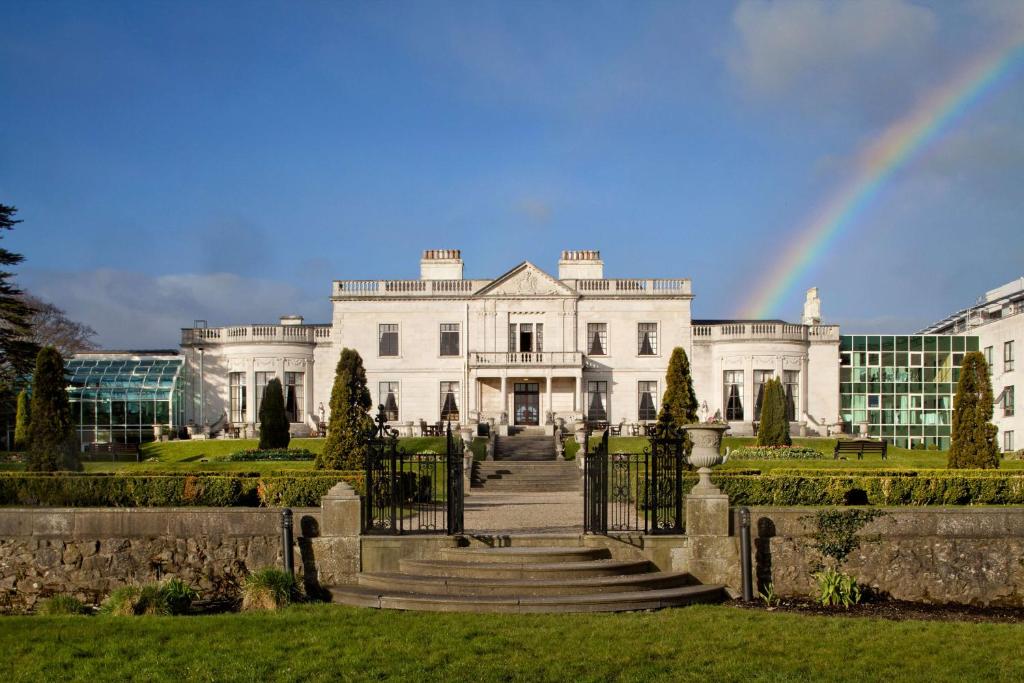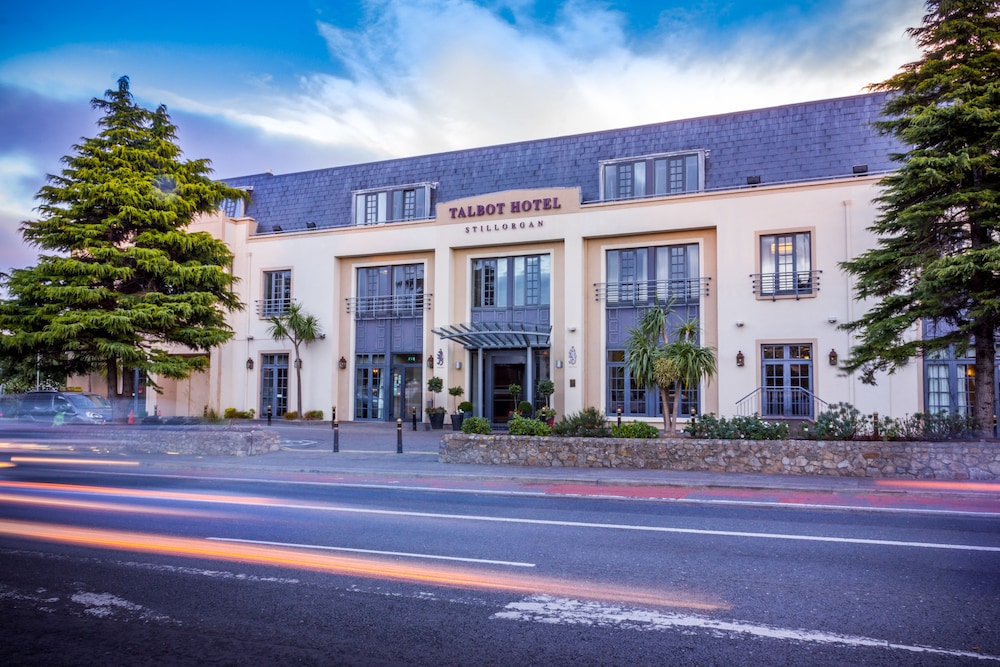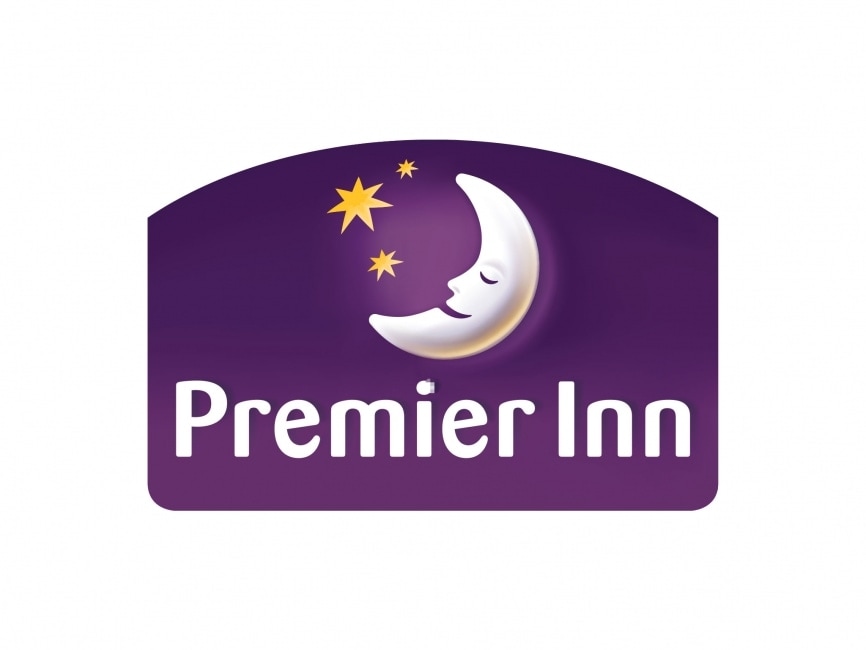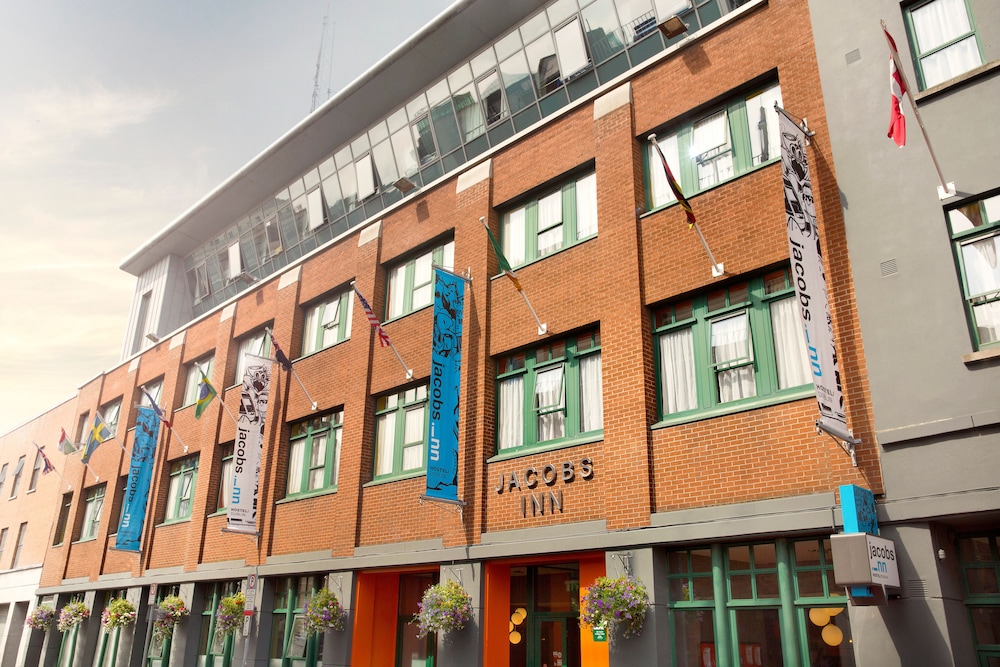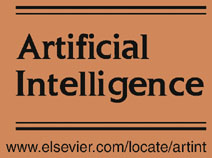Preliminary Programme
| Monday 26th August | Tuesday 27th August | Wednesday 28th August | |
|---|---|---|---|
| 8:30 | Registration | ||
| 9:00 | Keynote 2:Julian Padget | ||
| 9:30 | Welcome | ||
| 10:00 | Keynote 1: Franziska Klugl |
HUMAN | EMAS + APPS 1 |
| 10:30 | |||
| 11:00 | BREAK | BREAK | BREAK |
| 11:30 | MABS | COINE | EMAS + APPS 2 |
| 12:00 | |||
| 12:30 | LEARN | ||
| 13:00 | |||
| 13:30 | LUNCH | LUNCH | LUNCH |
| 14:00 | |||
| 14:30 | KRRP | Agents & Ethics Special Track |
Agents Toolkits Special Track |
| 15:00 | |||
| 15:30 | |||
| 16:00 | |||
| Demo Pitch (last 20 mins) | |||
| 16:30 | BREAK | BREAK | BREAK |
| 17:00 | DEMOS | EURAMAS Meeting | Agent Toolkits Special Track |
| 17:30 | |||
| Welcome Reception |
Social Event/Dinner |
Detailed Programme
Invited Talks
-
Franziska Klugl: Towards More Credible Agent-Based Simulations
Abstract: Agent-based simulation is widely recognized as a well-established application of multi-agent systems. However, in many fields—such as epidemiology and economics—where other modeling and simulation paradigms are standard, there is still hesitation in accepting agent-based approaches. In newer application areas like Multi-Robot Systems and Machine Learning, where simulations are often used as proxies for real systems, quality standards emerged that need to be met. In this talk, I will explore, drawing on my own experiences and those of others, why the credibility of agent-based models and their simulation results continues to be a challenge, despite decades of development and application. I will also present ideas on how to address this credibility problem. - Julian Padget: Governing complex commons: an accidental transdisciplinary tour
Abstract: We all know a complex system when we see one :) and as computer scientists we might pause and wonder about what makes it work.
Multiagent systems are our complex system playground and one approach we use to try to govern them is norms. Not that norms are that easy to write or test or change. Despite this, much has been written in recent years about more abstract notions of governance for AI, drawing on ethics and even morality. This in turn has led to a focus on values, which can be seen as a bridge between ethics and norms, being more concrete than ethics but more abstract than norms. But, which values?
If values are the answer, how do we engineer socio-technical systems that are capable of reflecting what stakeholders want now and in the future? Values themselves are more problematic than norms. At least norms can be codified as rules, although that process is hard and eventually messy (in my experience). We take the view that values are bit like constants: they don't change but their importance does. So, depending on the context, it is stakeholders' preferences over values determine what it means for system behaviour to be aligned with stakeholder values. Thus we belatedly arrive at Stuart Russell's 2014 observation that "we need to build intelligence that is provably aligned with human values".
Taking some diversions for perspectives from outside computer science - power-train design, public policy and immunotherapy - we will sketch out some ideas, looking at both process and product, for realising future socio-technical systems - in which agents are key building blocks - where the problem (for us) is how to achieve continuous alignment against changing stakeholder value preferences.
Accepted Papers
Accepted papers are listed below, organised by sessionMABS
-
MAiS: Exploiting JADE as a Multi-Agent simulator of the Immune System
Sanchayan Bhunia, Angelo Ferrando, Viviana Mascardi and Chiara Vitale -
Introducing data synchronization policies for distributed agent-based model using proxies
Lucas Grosjean, Paul Breugnot, Alexis Drogoul, Benedicte Herrmann, Christophe Lang, Nicolas Marilleau, Laurent Philipppe and Nghi Quang Huynh -
Data-Driven Agent-Based Modeling and Simulation of Price Competition in the Danish Pharmaceutical Market
Ruhollah Jamali and Sanja Lazarova-Molnar
LEARN
-
Adversarial Search & Deep Learning for Strategic Settlement Placement in the “Settlers of Catan”
Diamantis Rafail Papadam and Georgios Chalkiadakis -
Quantifying Uncertainty in Complex Reinforcement Learning Scenarios
Saeid Rezaei and Kenneth N. Brown
KRRP
-
A Logic of Actual Cause for Nondeterministic Dynamic Domains
Maryam Rostamigiv, Shakil Khan, Yves Lespérance and Mriana Yadkoo -
Temporal Truth in the Limit: LTL over Potentially Inifnite Traces and Yablo's Paradox
Michał Tomasz Godziszewski, Davide Catta and Aniello Murano -
ATL for Dynamic Gaming Environments
Marco Aruta, Aniello Murano and Salvatore Romano -
Responsibility in a Multi-Value Strategic Setting
Timothy Parker, Umberto Grandi and Emiliano Lorini -
Parameter Synthesis for Families of Markov Chains with an Application to Multi-Agent Systems Privacy
Francesco Spegni, Luca Spalazzi, Roberto Rosetti and Aniello Murano
DEMOS
-
Do you want to play a game? Learning to play Tic-Tac-Toe in Hypermedia Environments
Katharine Beaumont and Rem Collier -
Systematic Experimentation Using Scenarios in Agent Simulation: Going Beyond Parameter Space
Vivek Nallur, Pedram Aghaei and Graham Finlay -
VITAMIN: A Tool for Model Checking of MAS
Angelo Ferrando and Vadim Malvone -
Space Debris Removal using Nano-Satellites controlled by Low-Power Autonomous Agents
Dennis Christmann, Juan F. Gutierrez, Sthiti Padhi, Patrick Plörer, Aditya Thakur, Simona Silvestri and Andres Gomez
HUMAN
-
Influence of Language Warmth on User Adoption of Agent Recommendations for Multi-Arm Bandits
Selim Karaoglu, Marina Katoh, Titash Majumdar, Ethan Beaird, Feyza Hafizoglu and Sandip Sen -
Using Agent Interventions to Reduce User Procrastination Tendencies
Ethan Beaird, Feyza Hafızoğlu and Sandip Sen
COINE
-
Search versus Search for Collapsing Electoral Control Types
Benjamin Carleton, Michael C. Chavrimootoo, Lane A. Hemaspaandra, David E. Narváez, Conor Taliancich and Henry B. Welles -
Exploiting Peer Trust and Semantic Similarities in the Assignment Assessment Process
Jairo Alejandro Lefebre Lobaina, Athina Georgara and Carles Sierra -
A Study of the Dynamics of the Average in a Residual Gossip Protocol
Federico Bergenti, Stefania Monica, Gloria Tamboroni and Franco Zambonelli -
Rules2Lab: from Prolog Knowledge-Base, to Learning Agents, to Norm Engineering
Peter Fratrič, Nils Holzenberger and David Restrepo Amariles -
Nudging Using Autonomous Agents: Risks and Ethical Considerations
Vivek Nallur, Karen Renaud, and Aleksei Gudkov
Agents & Ethics Special Track
-
Why We Need a Notion of Conflict for Autonomous Traffic Agents
Astrid Rakow, Joe Collenette, Maike Schwammberger, Marija Slavkovik and Gleifer Alves -
Virtue Ethics For Ethically Tunable Robotic Assistants
Rajitha Ramanayake and Vivek Nallur -
The EU AI Act And The Need For Semantic Models In Regulatory Learning On Fundamental Rights
Dave Lewis -
Panel Discussion
Emily Collins, Maurice Pagnucco, and Authors
EMAS & APPS
-
Can Proof Assistants Verify Multi-Agent Systems?
Julian Alfredo Mendez and Timotheus Kampik -
Cost-effective, MAS-based, reefer system at container terminals
Manolis Doudounakis, Nikolaos Spanoudakis and Fotios Kanellos -
Towards Agents’ Embodiment in Hypermedia Multi-Agent Systems
Matteo Castellucci, Samuele Burattini, Andrei Ciortea, Jérémy Lemée, Danai Vachtsevanou, Alessandro Ricci and Simon Mayer -
Learnings from Implementation of a BDI Agent-based Battery-less Wireless Sensor
Ganesh Ramanathan, Andres Gomez and Simon Mayer -
Putting Context into Hypermedia MAS
Alexandru Sorici and Adina Magda Florea -
Protocol Design Patterns for Statecharts-Based Open MAS Development
Nikolaos Spanoudakis, Charilaos Akasiadis, Georgios Kechagias and Georgios Chalkiadakis -
CommonHealth: multi-agent evaluation of blockchain-based patient-centred health data networks
Mark Matthews, Rem Collier and Evan Spendlove
Agent Toolkits Special Track
- VEsNA: From Virtual Environments via Natural language Agents to the Metaverse and Beyond
Angelo Ferrando, Andrea Gatti and Viviana Mascardi - Belief Revision: The Good, The Bad, and JavaScript
Timotheus Kampik - A Software Suite for Implementing Multiagent Systems Based on Protocols
Amit Chopra, Samuel Christie and Munindar P. Singh - Yggdrasil: An Artifact-based Framework for Hypermedia Multi-Agent Systems
Andrei Ciortea, Matteo Castellucci, Kai Schultz, Jérémy Lemée, Danai Vachtsevanou, Fabien Gandon, Simon Mayer, Valentin Berger, Samuele Burattini, Alessandro Ricci and Olivier Boissier - Ten Years of SARL: What’s Next?
Sebastian Rodriguez, Stéphane Galland and Nicolas Gaud - Feasibility Study on Using Agent Behaviours for Event-Driven Programming in Jadescript
Federico Bergenti and Stefania Monica - Better Tools for a Mainstream BDI through JaKtA
Martina Baiardi, Samuele Burattini, Giovanni Ciatto and Danilo Pianini - Jason+BSPL: Including Communication Protocols in Jason
Matteo Baldoni, Samuel H. Christie V, Amit Chopra and Munindar P. Singh - Exceptions and Accountability for Robust Applications of JaCaMo
Matteo Baldoni, Cristina Baroglio, Roberto Micalizio and Stefano Tedeschi - Agents Are All You Need: Platformless Programming with Jadex V
Lars Braubach, Kai Jander and Alexander Pokahr - Language Level Support for Learning and Explaining in BDI Agents
Katharine Beaumont and Rem Collier
Welcome Reception: UCD University Club
COMING SOON

Social Event: Celtic Nights @ Arlington Hotel
The conference dinner will take place at the Arlington Hotel a historic venue in the centre of Dublin. The dinner will include traditional Irish food followed by an Irish Music and Dance experience. Further details can be found on the Celtic Nights website. The dinner will commence @ 6pm and the show @ 8pm (ending around 10pm). Afterwards there will be an opportunity to listen to live music until later into the evening.
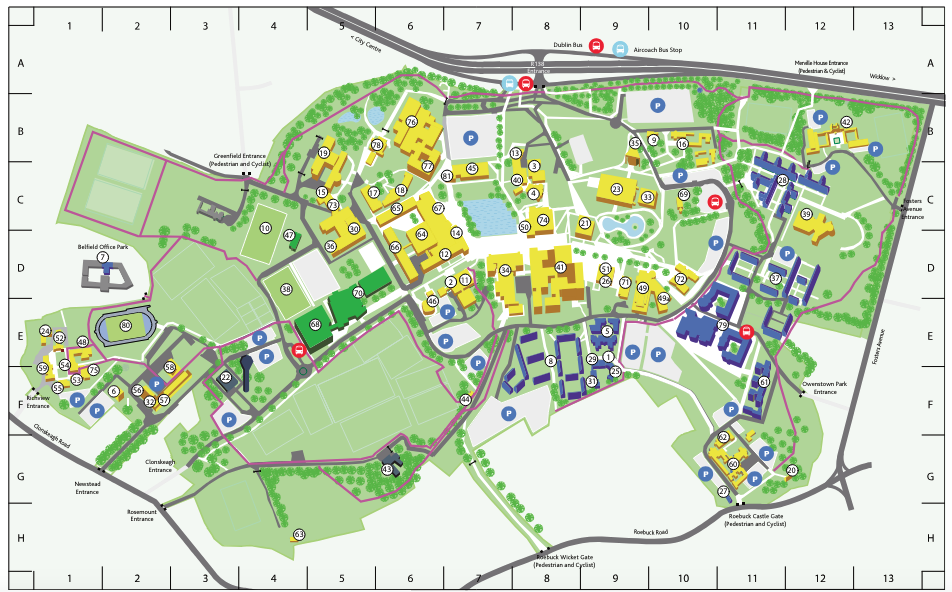
 Leap Cards are a prepaid travel card that is the easiest way to pay your fare on public transport around Ireland. It
is valid on most TFI services and commercial bus operators throughout Ireland. It’s more convenient because you don’t
have to carry cash or queue at ticket machines and it can save you money because fares are usually up to 30% less
than cash single tickets.
Leap Cards are a prepaid travel card that is the easiest way to pay your fare on public transport around Ireland. It
is valid on most TFI services and commercial bus operators throughout Ireland. It’s more convenient because you don’t
have to carry cash or queue at ticket machines and it can save you money because fares are usually up to 30% less
than cash single tickets.

